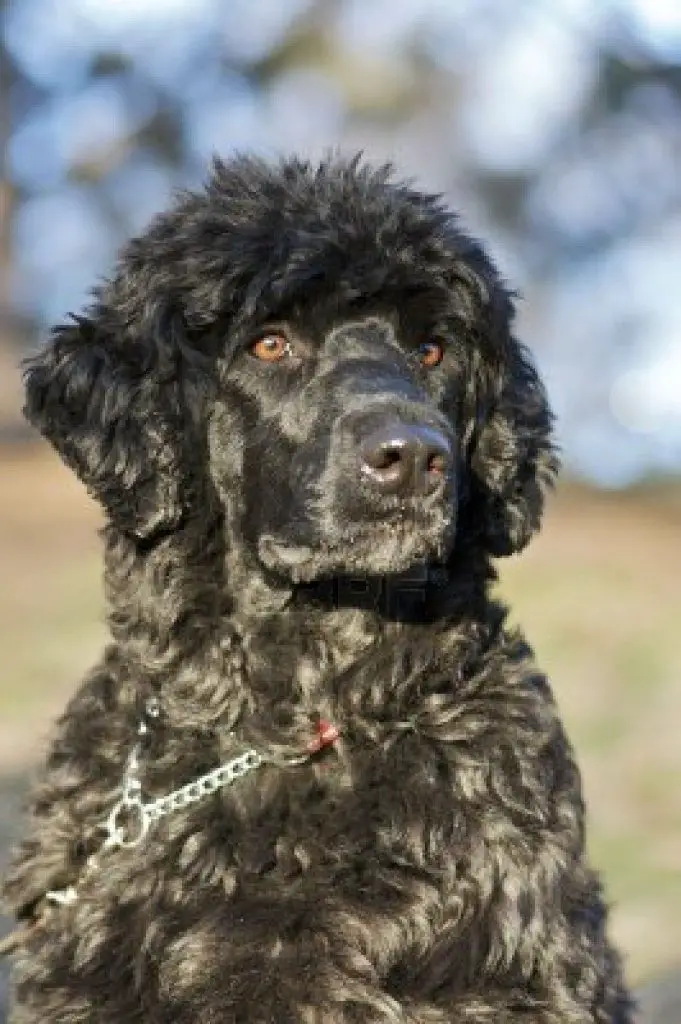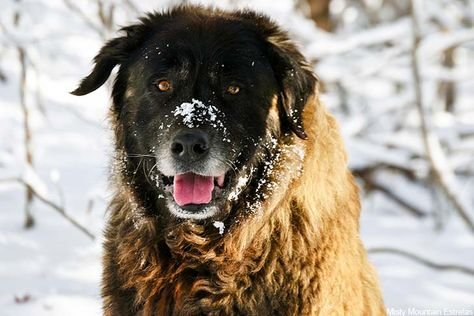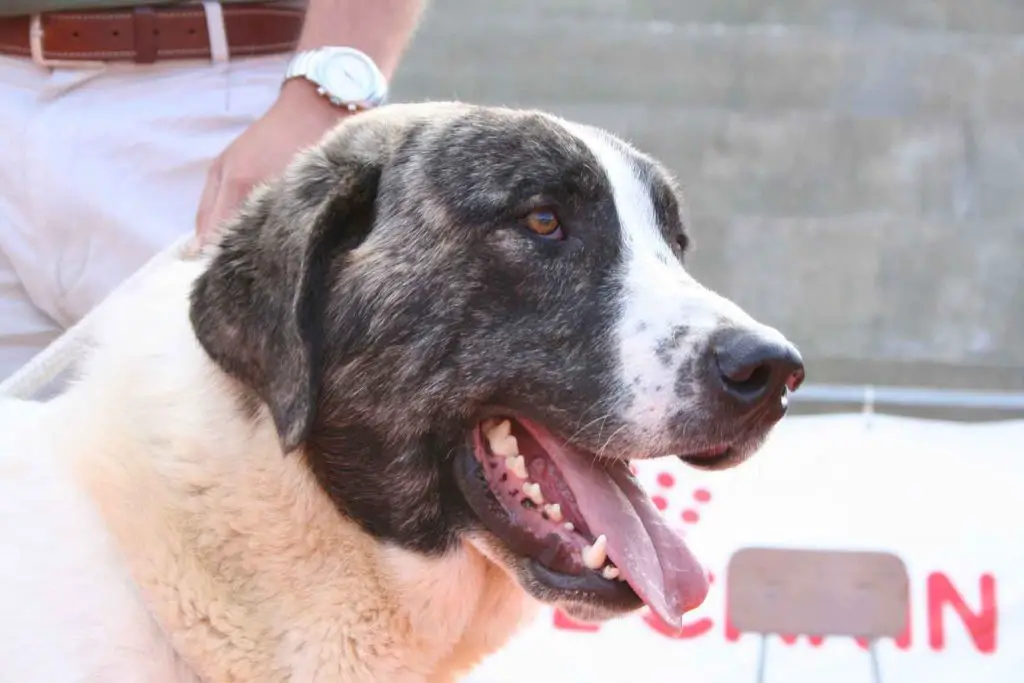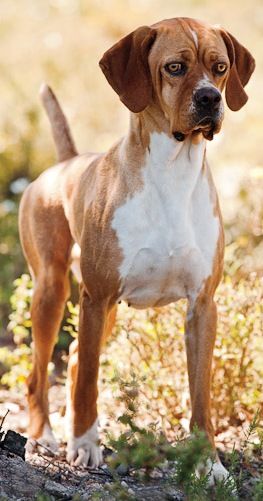Find the best dog name by browsing our list of Portuguese dog names.

- Frederico (means “peaceful ruler.”)
- Leticia (means “happiness.”)
- Mano (this is the Portuguese slang for “brother.”)
- Iria (means “woman of peace.”)
- Cecilio (means “blind.”)
- Rafael (means “God has healed.”)
- Simao (meaning “listen.”)
- Estevao (meaning “crown.”)
- Francisco (means “French man.”)
- Bonifacio (means “good.”)
- Vitoria (means “woman of victory.”)
- Dylla (means “self-reliant individual.”)
- Brento (means “king.”)
- Nossa (means “our.”)
- Calisto (means “most beautiful.”)
- Nalda (means “strong.”)
- Branca (means “white.”)
- Vicente (means “conqueror.”)
- Calista (means “most beautiful.”)
- Armando ( meaning “army man.”)
- Gaspar (meaning “treasurer.”)
- Amerigo (means “power.”)
- Julio (meaning “downy beard.”)
- Ulrica (means “wolf ruler.”)
- Alcides (meaning “strength.”)
- Kaci (means “brave” or “watchful.”)
- Fofo (means “cutie” or “soft.”)
- Agueda (means “good-hearted.”)
- Bruno (means “brown.”)
- Clara (means “clear.”)
- Galena (means “small, intelligent one”.)
- Adriano (meaning “sea” or “water.”)
- Alexandra (means “defending men.”)
- Alberto (means “noble.”)
- Benigno (means “kind” and “friendly” in Latin.)
- Christiano (after Christiano Ronaldo the famous football player. This name means “Christian.”)
- Kaka (famous Brazilian football player.)
- Bento (means “blessed.”)
- Chinelos (Portuguese word for “flip-flops” or “slippers.”)
- Gregorio (means “watchful” or “vigilant.”)
- Ignacio (it means «fiery one.»)
- Jorge (meaning “farmer.”)
- Godofredo (meaning “God” and “peace.”)
- Dulce (means “sweet.”)
- Aurora (Latin word for “dawn.”)
- Urso (Portuguese word for “bear.”)
- Alfonso ( means “noble” or “ready.”)

- Sorvete (“ice cream.”)
- Genoveva (means “leader of the tribe.”)
- Xavia (means “protector of mankind.”)
- Agostinho (means “to increase.”)
- Gloria (is Latin for “glory.”)
- Fado (means “destiny.”)
- Faustino (means “lucky.”)
- Margarida (meaning “pearl.”)
- Geraldo (meaning “to rule with a spear.”)
- Nuno (means “ninth.”)
- Beleza (means “beauty.”)
- Gil (meaning “young goat.”)
- Carina (means “beloved.”)
- Salvador (means “savior.”)
- Gabriel (Hebrew for “God is my strength.”)
- Gonçalo (means “battle” or “fight.”)
- Enia (means “fiery.”)
- Rodrigo (means “ruler.”)
- Felix (means “lucky” or “successful.”)
- Bola (Portuguese word for “ball.”)
- Alfredo (means “sage” or “wise.”)
- Lucas (means “bright” or “shining.”)
- Bebe (means “baby” in Portuguese.)
- Anita (“invaluable” or “priceless.”)
- Horacio (means “good eyesight.”)
- Maximiano (means “greatest.”)
- Marcia (means “defender.”)
- Celia (means “heaven.”)
- Tomas (means “twin.”)
- Ramona (means “wise protector.”)
- Albino (means “pure” or “pale.”)
- Ernesto (meaning “serious.”)
- Garda (means “guard” in Portuguese.)
- Donato (means “given by God.”)
- Aco (means “steel.”)
- Amanda (means “she who must be loved.”)
- Chico (short form of Francisco.)
- Sofia (means “wisdom.”)
- Amigo (“friend.”)
- Felicia (means “happy.”)
- Beatriz (the Spanish and Portuguese form of Beatrix, meaning “brings joy.”)
- Graca (means “grateful.”)
- Olena (means “pretty.”)
- Rute (means “companion.”)
- Octavia (means “born eighth.”)
- Suzana (means “lily.”)
- Lucia (“light.”)
- Estrela (means “star.”)
- Luisa (means “famous warrior.”)
- Valere (means “brave.”)
- Jordao (meaning “to flow down.”)
- Mateus (means “gift of God.”)
- Leonor (“the bright one.”)
- Idonia (means “industrious.”)
- Welda (means “ruler.”)
- Bianca (means “white” or “shining.”)
- Beijinho (means “little kiss.”)
- Adao (means “earth.”)

- Henrique (meaning “ruler” or “power.”)
- Lua (Portuguese for “moon.”)
- Marcos (means “defender.”)
- Anxo (means “angel.”)
- Leonardo (means “strong as a lion.”)
- Aleixo (means “defender.”)
- Valentim (means “strong.”)
- Vande (means “wanderer.”)
- Benedito (meaning “blessed.”)
- Placido (means “calm.”)
- Noemia (meaning “pleasantness.”)
- Edmundo (means “protector of prosperity.”)
- Luiz (means “famous warrior.”)
- Bela (means “white.”)
- Cesar (means “hair.”)
- Mara (means “bitter.”)
- Sara (means “princess.”)
- Cornelio (means “horn.”)
- Glaucio (means “blue-gray”.)
- Pedrina (meaning “rock.”)
- Fausto (means “ever ruler.”)
- Uxia (means “well born.”)
- Praia (means “beach.”)
- Catina (translates to “pure.”)
- Chica (a young woman.)
- Andre (means “manly” or “masculine.”)
- Luana (means “graceful battle maiden.”)
- Cosme (meaning “order.”)
- Lindeza (means “beautiful beyond the physical.”)
- Breno (means “king.”)
- Noela (means “day of birth.”)
- Iris (means “rainbow.”)

- Albina (means “white.”)
- Ylva (means “she-wolf.”)
- Ida (means “diligent” or “prosperous.”)
- Davi (means “beloved.”)
- Hugo (meaning “mind spirit.”)
- Carlotte (“her strength is like a man.”)
- Caramba (slang for “wow.”)
- Comida (Portuguese term for “food.”)
- Carlito (means “little man.”)
- Ursula (means “little bear.”)
- Rinhaldo (meaning “wise ruler.”)
- Zeva (means “sword.”)
- Ana (“favor” or “grace.”)
- Andreia (means “daring.”)
- Xandra (means “protector of mankind.”)

- Rania (means “queen.”)
- Alicia (means “noble” and “kind.”)
- Zorian (means “happy.”)
- Gilberto (meaning “pledge.”)
- Guida (means “guide.”)
- Pabla (means “small.”)
- Antonio (means “highly praiseworthy.”)
- Mafalda (means “powerful battler.”)
- Angelo (means “angel.”)
- Artur (meaning “courageous” or “noble.”)
- Matilde (means “mighty in battle.”)
- Adelmar (meaning “noble” and mari meaning “famous.”)
- Emmanuel (means “God is with us.”)
